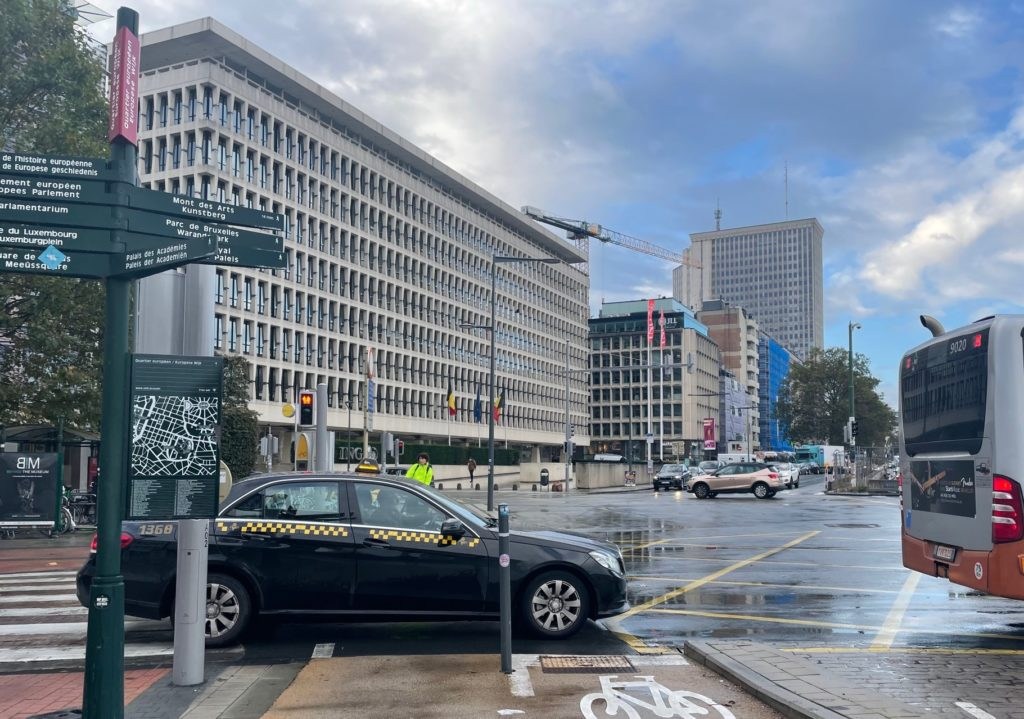The Brussels Government has given its final approval to the draft ordinance on taxi reform, according to Brussels Minister President Rudi Vervoort (PS), who submitted his Taxi Plan after great delay.
The text now moves to the Brussels Parliament, which the government hopes will approve before the summer recess.
Reform is intended to broker peace between traditional taxi drivers and self-employed gig workers, usually working with platform companies like Uber, that have disrupted the Brussels market.
A framework for ‘entire professional sector’
Uber drivers, who classify as gig workers, are not required to meet the same legal and professional standards as traditional taxi drivers, which critics say has made it easier for platform companies to undermine the market.
The new ordinance – an early draft of which was submitted to all players in the sector and sent for advice to the Council of State, Brupartners, the Data Protection Authority and the Regional Mobility Commission – intends to level the playing field.
Vervoort says the draft approved by the government today will “provide a legally secure framework for the entire professional sector (associations of drivers, associations of operators and platforms) while guaranteeing a quality service for users.”
Related News
- 140 Brussels Uber drivers will soon resume working in the capital
- Rideshare platforms oppose EU directive to improve worker conditions
- Uber drivers without Brussels licence must pay €4,000 to get impounded vehicles back
The draft decree establishes one common statute for the paid passenger transport sector with the same operating conditions for operators and drivers.
In order to meet the different needs of customers, the common statute allows for an adapted service by traditional “standing taxis” and “street taxis,” which must be booked in advance.
A separate category of “ceremonial taxi service” has also been introduced, with each service being subject to a specific tariff in order to make it as attractive as possible.

